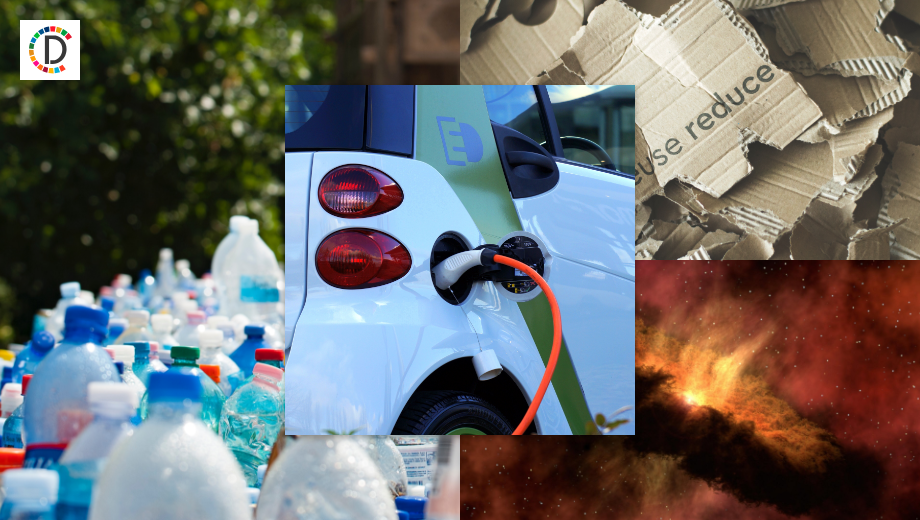Indonesia's Palm Oil Exports Set to Decline Amid Rising Biodiesel Demand
Indonesia's palm oil exports are projected to fall by 2 million metric tons in 2024 due to higher domestic consumption driven by a biodiesel blending mandate and a decrease in production caused by last year's dry weather. The lowered output and rising demand will influence global prices and export revenue.

Indonesia's palm oil exports are set to decline this year, driven by a surge in domestic consumption due to a heightened biodiesel blending mandate and a slight dip in production, an industry official revealed to Reuters on Thursday. The world's leading producer of tropical oil faces limited export volumes which will, in turn, bolster benchmark Malaysian prices.
Projected figures indicate that the nation's exports might drop by 2 million metric tons to 30.2 million tons in 2024, compared to the previous year, according to Fadhil Hasan, head of the trade and promotion division at the Indonesian Palm Oil Association. Addressing the 'Globoil' conference in Mumbai, Hasan stated that exports had already slipped by 7.6% to 15.06 million tons in the first half of 2024.
The production downturn is expected to be around 1 million tons, down to 53.8 million tons, as a result of the previous year's dry weather impacting yields. "No improvements in productivity or expansions in area have been noted this year, leading to a forecasted reduction of 1 million tons," Hasan mentioned.
First-half production figures fell to 26.2 million tons from last year's 27.3 million tons, GAPKI reported. Assuming second-half production stays constant with last year's figures, Indonesia will still face overall lower output for the year, Hasan pointed out.
In August 2023, Indonesia increased the palm oil share in biodiesel to 35%, aiming to elevate palm oil consumption to a record 24.2 million tons in 2024, up from 23.2 million tons in the previous year, Hasan explained.
Indonesia's energy ministry plans to raise the blending percentage to 40% by January 2025, aiming to cut down on fuel imports and fossil fuel emissions. Hasan noted that rising consumption would reduce export surpluses, thus securing funds for Jakarta's biodiesel initiative.
"The government should carefully evaluate production and export trends before further escalating the blending mandate, as export revenues crucially support the biodiesel program," Hasan concluded.
(With inputs from agencies.)










